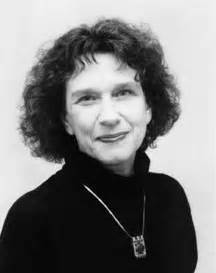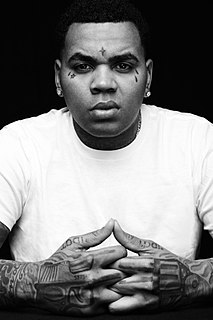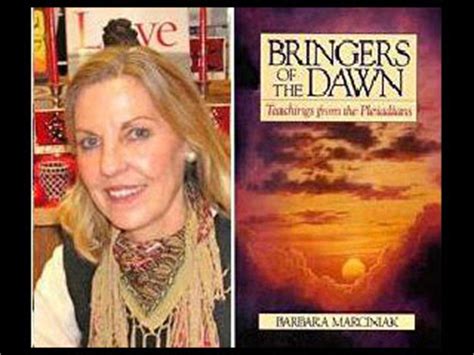Цитата Дэвида Райта
Чрезмерное развитие может подорвать самый эфемерный, но отличительный инструмент, которым обладает писатель: авторский голос. Голос писателя так же индивидуален и помечен, как отпечаток большого пальца, и является вернейшим подтверждением драматурга. Это так же врожденно, как дыхание, и может быть столь же уникальным, как любой генетический код. По своей исключительной природе он редко рождается в акте сотрудничества. Настоящий авторский голос всегда предшествует первой репетиции текста. И это есть и всегда будет самой отличительной и ценной чертой автора.
Темы цитат
Действовать
всегда
Любой
Автор
Рождение
Дыхание
Код
сотрудничества
Даты
развития
Отличительная
Эфемерная
Избыточная
черта
Первый
генетический
Индивид
Врожденный
Отмеченный
Большая часть
природы
Драматург
Обладает
Репетиция
Редко
Одиночный
текстовый
инструмент
Истинный Самый
настоящий
Подрывает
Уникальный
Очень
ценный Голос
Воля
Писатель
Голос Писателя
Связанные цитаты
Подобно Хемингуэю и Фолкнеру, но в совершенно ином ключе, Фицджеральд обладал тем исключительным качеством, без которого писатель вообще не является писателем, а именно голосом, отчетливым и узнаваемым голосом. На самом деле это не то же самое, что стиль; стилю можно подражать, голосу нельзя, а остроумный, грустный, элегический голос придает его произведениям яркую достоверность.
У меня не было проблем с писательским кризисом. Я думаю, это потому, что мой процесс включает в себя очень плохое письмо. Мои первые наброски наполнены шатающимся, клишированным письмом, откровенно болтающимся. Письмо, которое не имеет хорошего голоса или любого голоса. Но потом будут хорошие моменты. Кажется, писательский кризис часто возникает из-за нелюбви писать плохо и ждать, пока напишется лучше.
У меня есть голос внутри. Голос, который я всегда пытаюсь заставить замолчать. Голос, который зовет меня, когда я хочу выйти поиграть. Голос, который всегда печален. Это всегда ужас. Ему всегда хочется сидеть в затемненной комнате, вдали от шума, движения и красок, подальше от любых переживаний, которые могут оказаться сложными.
Искусство никогда не бывает голосом страны, оно еще более ценно, голос отдельного человека, изо всех сил стремящегося говорить не какое-либо утешение, а правду. И искусство, выражающее его наиболее безошибочно, наиболее непосредственно, наиболее разнообразно, наиболее полно, есть художественная литература.
Я никогда не переводил больше одной книги любого автора. Но меня восхищают переводчики, которые, как Ричард Зенит, перевели так много работ Фернандо Пессоа. Меня беспокоит новый вид влияния. Книги, которые я перевела, — это книги, на которых я хочу учиться как писатель, чтобы быть опьяненными ими. А перевод сам по себе является актом письма. Это акт воссоздания ритма и тона писателя, всего того, что отличает голос в книге.



































